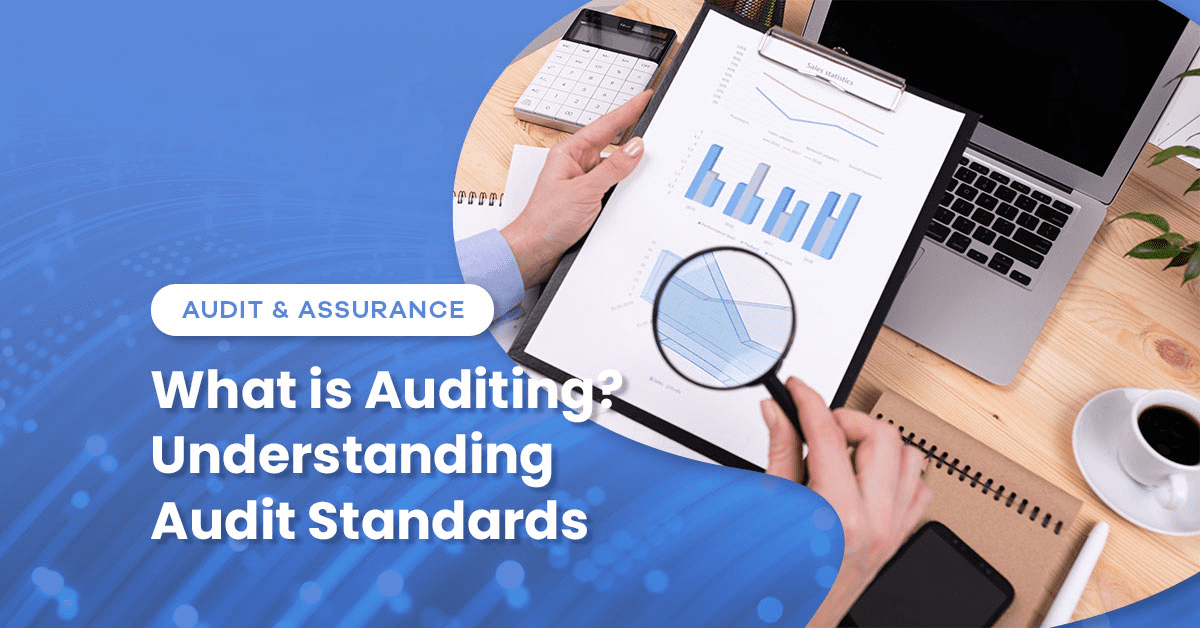2022 Observations and Applications
Overview
In September 2023, the PCAOB staff’s released its annual observations and takeaways from conversations with audit committee chairs of U.S. public companies during the 2022 inspections of audit firms. This information gathering continues to support the PCAOB’s strategic priority to engage directly and regularly with audit committees and has resulted in conversations with over 200 directors for the fourth consecutive year. Interestingly, 85% of this year’s directors had not spoken with the PCAOB previously yet their sentiments aligned with recurring themes from prior years including:
Staffing – Most audit committee chairs remain alert to the impact that staffing turnover can have on a public company’s financial reporting process and on the conduct of audits.
Covid-19 – Audit committee chairs remain mindful that working in a remote or hybrid environment continues to require heightened supervision and review.
Communications – Audit committee chairs highly value early, ongoing, and proactive communication with their auditors.
Critical Audit Matters (CAM) – Audit committee chairs want to guard against CAMs simply becoming a perfunctory practice or compliance exercise.
Information Outside of the Financial Statements – While information contained in financial statements remains the focal point of corporate disclosures, many audit committee chairs are increasingly asking questions of their auditors about the inclusion of non-GAAP measures.
Refer to the PCAOB’s 2022 Conversations with Audit Committee Chairs for the complete report.
Insights: Actions for Elevating Audit Quality
Below represents expanded insights on several of the observations shared by the PCAOB and may be further used by audit committees and management teams to help set expectations and enhance audit quality.
Staffing
The “great resignation” continues to impact the accounting and audit industry creating challenges for audit firms as well as public company accounting and finance departments. Audit committees should make inquiries around the continuity and experience levels of those associated with the financial accounting and reporting for the company along with the internal and external audit engagement team members. Turnover and lack of continuity may impact respective teams through decreased morale, loss of institutional and technical knowledge, and inefficiencies inherent in recruiting and onboarding new personnel.
Internal Considerations
The audit committee should make inquiries regarding staff turnover and overall talent attraction and retention efforts within the accounting and reporting function. Collaboration with the compensation and human capital committee may assist in optimizing human capital concerns and identifying culture and development matters to be addressed. In addition to competitive compensation, new hires and legacy employees should be supported by a robust onboarding, training curriculums and clear career paths demonstrating the company’s focus on employee development.
External Auditor Discussions
The audit committee is responsible for the oversight of the performance and qualifications of the external auditor. The audit committee should be kept informed about the team composition, knowledge and experience along with its performance. We recommend considering the Center for Audit Quality’s External Auditor Assessment Tool when conducting annual evaluations of the external auditor. While some rotation, such as mandatory partner rotation, is expected and may benefit the company from an independence, fresh perspective and enhancing professional skepticism; excessive turnover within an audit team could lead to loss of legacy knowledge and introduce pressures and inefficiencies in executing the audit. The audit committee should inquire as to how the audit firm is compensating for turnover – such as outsourcing lower risk audit areas, leveraging technology for increased efficiency and scheduling additional supervision and review time as part of the audit plan.
To support audit committees in the oversight of the external auditor, the PCAOB is currently awaiting adoption of a proposal considering how the PCAOB quality control (QC) standards should be revised to enhance and strengthen the requirements related to a firm’s QC system. Additionally, they are analyzing relevant information and developing a proposal to enhance information provided to investors at both the firm and engagement level.
COVID-19
While COVID-19’s impact on the financial statements has lessened, directors are seeing firsthand how trends arising during the pandemic are still prevalent including a remote/hybrid work environment, increasing use of technology, and staff turnover.
Remote audit and work environments increase the need for heightened and intentional supervision of remote workers, facilitation of communication, and attention to technology considerations. Directors should have confidence that their management teams are providing reliable information to auditors and that auditors have access to consultative and subject matter resources needed to execute the audit.
Technology can bring about innovative audit developments, but also requires investments in policies, procedures, controls and cybersecurity protections. BDO in the Boardroom recently issued a podcast mini-series on technology and the audit to keep clients knowledgeable about this rapidly developing landscape. Whether using data analytics, RPAs, machine learning or Generative AI capabilities, directors should carefully consider how technological guardrails have been established by management and auditors to monitor the integrity of data inputs, algorithms and outputs. See the publication 10 AI Considerations for the Board for more.
Communications
Consistent with prior years, audit committee chairs stressed the importance of auditor communications. There continues to be a high number of directors pleased with auditor communications. Any concerns voiced related to inconsistent or last-minute communications around issues.
Auditor communications with audit committees should be designed to be collaborative two-way discussions around material topics such as risk identification, material audit findings, significant business transactions and corporate strategy along with changes in the industry, the regulatory environment and other factors impacting the audit and financial reporting process. The PCAOB 2023 Audit Committee Resource Spotlight provides questions directors may ask in engaging with auditors. Audit committees can support effective communications by allowing ample time for discussions with the auditor to cover both topics on the audit committee agenda as well as matters discussed outside of formal meetings. Directors should view their auditor as a resource and advisor who can inform the audit committee’s responsibilities for oversight of the financial accounting reporting and disclosure process along with other assigned responsibilities with respect to specific risks and compliance matters.
Critical Audit Matters
PCAOB CAM reporting is entering its fourth year, and while directors are generally pleased with the communications around auditor’s CAM decisions, some remain skeptical that CAM reporting may become generic or “boilerplate” as time goes on. Audit committees are encouraged to inquire of their auditors about whether:
- There were any “close calls” – those items that were considered but ultimately were not determined to be CAMs.
- Management’s internal assessment of complex financial statement areas (i.e., areas requiring management’s significant judgment) correlate to the areas of complexity identified in the auditor’s CAMs.
- Identified CAMs were similar or different than those of their industry peers.
Information Outside of the Financial Statements
Information outside of the financial statements are increasingly part of director’s discussions with auditors. The frequency of use and type of measures vary by industry. Audit committees have emphasized the importance that information reported by management is accurate.
Non-GAAP
Non-GAAP financial measures (e.g., EBITDA) remain a top SEC staff comment area resulting in select 2023 enforcement actions due to misleading content in filings. The CAQ’s publication Non-GAAP Measures – A Roadmap for Audit Committees is a useful resource as to how companies may better communicate their financial story while adhering to regulatory transparency expectations regarding presentation, consistency and relevance.
Top non-GAAP focus areas for audit committees to consider include reconciliations, prominence, and adjustments. A non-GAAP measure must be reconciled to its most directly comparable GAAP measure; a non-GAAP financial measure should not be presented more prominently than its most directly comparable GAAP measure; and companies should carefully consider adjustments and whether they result in a misleading financial measure.
ESG and Sustainability
The increasing pressure by investors, regulators and other stakeholders for reporting and disclosure of ESG factors is requiring audit committees to remain current on evolving regulations – both domestically by the SEC (e.g. recently released cybersecurity rules and pending climate change proposed rules) and internationally (e.g. recent ISSB baseline sustainability standards, CSRD in the EU, etc.). Understanding the applicability of these rules along with complexities in adopting such standards will require significant resources and time. Compliance with these additional reporting requirements that will involve data collection and computations “outside” of the standard financial reporting system, and will require audit committee oversight of management’s development of internal controls for ESG and consideration around the phase in for obtaining assurance over ESG reporting.
Next Steps
We encourage audit committees to maintain continuous and intentional communications with their auditors and be thoughtful in their own continued education including remaining abreast of industry and reporting trends.

 Previous
Previous






